
Data from the phase 3 EV-302 trial support the supplemental biologics license application for enfortumab vedotin plus pembrolizumab for patients with advanced or metastatic urothelial cancer in Japan.

Your AI-Trained Oncology Knowledge Connection!


Data from the phase 3 EV-302 trial support the supplemental biologics license application for enfortumab vedotin plus pembrolizumab for patients with advanced or metastatic urothelial cancer in Japan.

Data from the phase 3 MARIPOSA study support the Type II application for amivantamab plus lazertinib as a treatment for those with EGFR-mutated non–small cell lung cancer.

Tisotumab vedotin may become the first antibody drug conjugate to receive marketing authorization in the European Union as a treatment for those with cervical cancer.

Findings from the phase 1/2 LINKER-MM1 trial support the marketing authorization application for linvoseltamab in the management of relapsed/refractory multiple myeloma.

A positive CHMP opinion may lead to an approval of idecabtagene vicleucel in the European Union for patients with relapsed/refractory multiple myeloma.
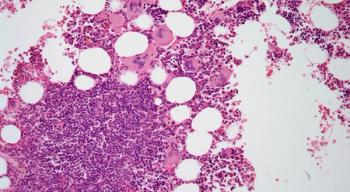
Results from the phase 3 MOMENTUM trial led momelotinib to being approved by the European Commission for patients with myelofibrosis plus anemia and splenomegaly.
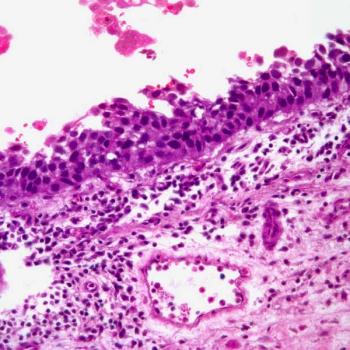
Supporting data for the EMA comes from the phase 3 EV-302 trial, which assessed the efficacy of enfortumab vedotin in combination with pembrolizumab compared with chemotherapy.

Findings from the phase 1b/3 IMscin001 study support the European Commission’s approval of subcutaneous atezolizumab as a treatment for lung cancer and other disease types.

Results from the phase 2 KRYSTAL-1 trial led to the approval of adagrasib for patients with KRAS G12C–mutated non–small cell lung cancer by the European Commission.
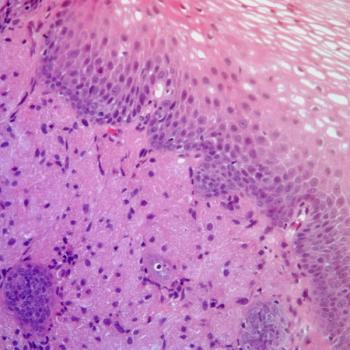
Sugemalimab is now approved for managing esophageal squamous cell carcinoma in China following results from the phase 3 GEMSTONE-304 study.

Belumosudil is the first therapy within England and Wales available for the treatment of patients 12 years and older who have previously undergone a minimum of 2 lines of systemic treatment.

In Europe, pembrolizumab is now available as a treatment in combination with fluoropyrimidine-/platinum-containing chemotherapy for HER2-negative gastric or GEJ adenocarcinoma, as well as in combination with gemcitabine/cisplatin for locally advanced biliary tract carcinoma.
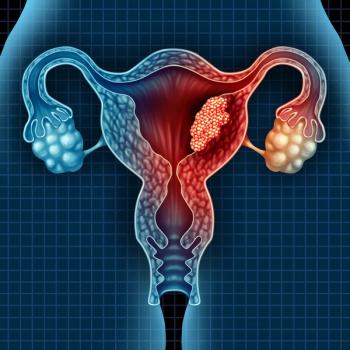
The European approval for dostarlimab and chemotherapy for dMMR/MSI-H, primary advanced or recurrent endometrial cancer is based on data from part 1 of the phase 3 RUBY/ENGOT-EN6/GOG3031/NSGO trial.

Data from the phase 1b/3 IMscin001 trial support the Committee for Medicinal Products for Human Use’s positive opinion on subcutaneous atezolizumab in lung cancer and other disease types.

Adagrasib, which now has a positive CHMP opinion, was previously examined as part of the phase 1/2 KRYSTAL-1 study.

If momelotinib receives approval in the European Union, it will become the only agent for the treatment of myelofibrosis coupled with moderate to severe anemia.

Data from the phase 3 RUBY/ENGOT-EN6/GOG3031/NSGO trial support the use of frontline dostarlimab plus chemotherapy for dMMR/MSI-H primary advanced or recurrent endometrial cancer.

Data from the phase 3 KEYNOTE-091 trial supported the European Commission’s approval of pembrolizumab as an adjuvant treatment for adults with non–small cell lung cancer at high risk of recurrence following complete resection and platinum-based chemotherapy.

The Canadian approval of relugolix for advanced prostate cancer is based on findings from the phase 3 HERO study.
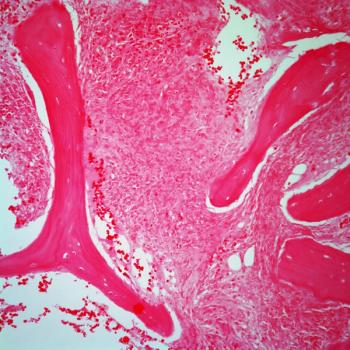
Data from the phase 3 ECHELON-1 trial support the European Commission’s approval of brentuximab vedotin plus chemotherapy as a treatment for those with CD30-positive stage III Hodgkin lymphoma.

The marketing authorization application for imetelstat in lower-risk myelodysplastic syndrome is based on findings from the phase 3 IMerge trial.
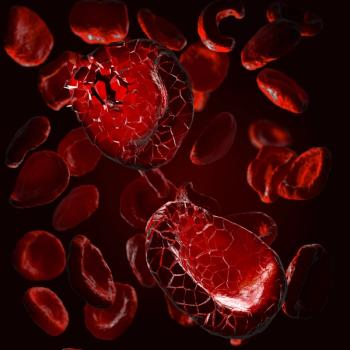
The conditional marketing approval of epcoritamab in relapsed/refractory diffuse large B-cell lymphoma is based on data from the phase 1/2 EPCORE NHL-1 study.

The agent, which is a recombinant Erwinia asparaginase or crisantaspase, can be given to those with acute lymphoblastic leukemia and lymphoblastic lymphoma intravenously and intramuscularly.

The regulatory decision to approve elacestrant in European patients with estrogen receptor–positive, HER2-negative locally advanced or metastatic breast cancer and an activating ESR1 mutation was based on data from the phase 3 EMERALD study.
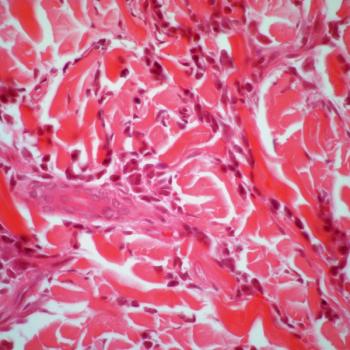
Data from the phase 3 ASCERTAIN trial support the European Commission’s approval of oral decitabine and cedazuridine as a treatment for those with newly diagnosed acute myeloid leukemia.

Data from a previous MPN LANDMARK survey highlight that many patients with polycythemia vera experience symptoms that lead to reduced quality of life.

Data from the phase 2 JACKPOT8 PARTB study support the new drug application for golidocitinib as a treatment for relapsed/refractory peripheral T-cell lymphoma in China.

Findings from the phase 3 THOR study support the marketing authorization application for erdafitinib as a treatment for those with advanced or metastatic urothelial cancer harboring FGFR3 alterations.

Data from the phase 3 ASCEND trial and a phase 1/2 trial support the National Medical Products Administration’s approval of acalabrutinib in China as a treatment for chronic lymphocytic leukemia.
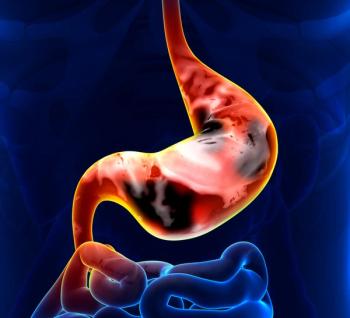
Data from the phase 3 KEYNOTE-811 trial highlight a trend towards improved overall survival among patients with HER2-positive, PD-L1–positive advanced gastric or gastroesophageal junction adenocarcinoma receiving pembrolizumab, trastuzumab, and chemotherapy.